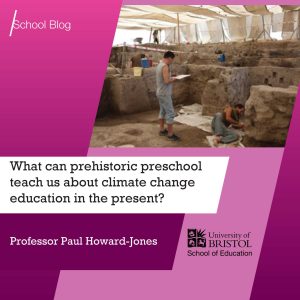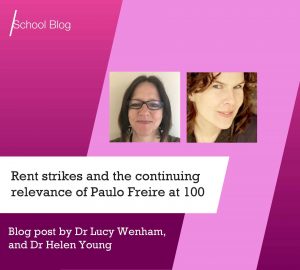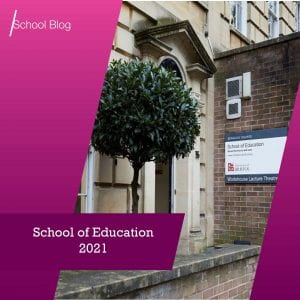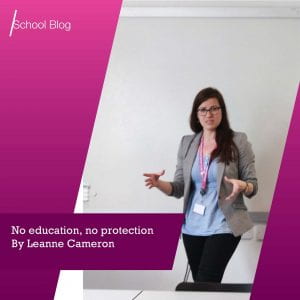 By Obiageri Bridget Azubuike – PhD in Advanced Quantitative Methods. School of Education. University of Bristol.
By Obiageri Bridget Azubuike – PhD in Advanced Quantitative Methods. School of Education. University of Bristol.
As part of my PhD, I embarked on an overseas visit sponsored by the SWDTP. My aim was to engage with a research organisation called TEP Centre whose work in education partnership, research, design, implementation, and evaluation of education programmes in Nigeria aligns closely with my research.
Among the planned activities during the visit, we organized a webinar where I had the privilege to present my preliminary research findings and moderate a panel discussion featuring three distinguished speakers. The panel discussion revolved around the topic of inequalities in post-primary education in Nigeria. (more…)


 Blog by
Blog by  Blog post by
Blog post by 
